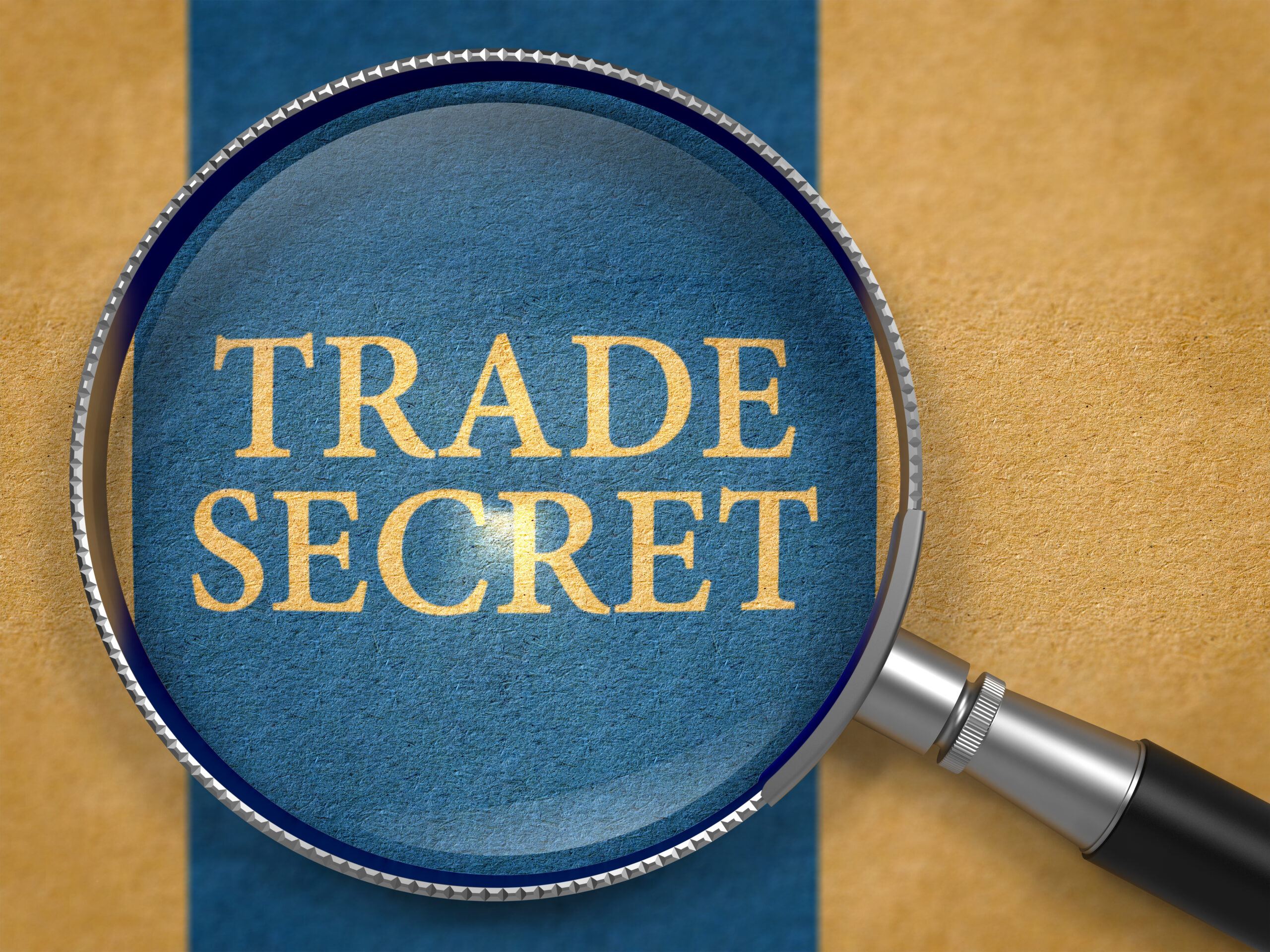By: Editorial Staff, Date: April 2nd, 2024
Trade secrets are businesses’ hidden gems that provide them with a competitive edge, setting them apart from their rivals. This confidential information can take the form of methods, processes, formulas, or techniques that help businesses maintain the uniqueness of their product or service in the market, which can be pivotal for their success.

To be considered as a trade secret, two criteria must be met:
- The information must derive value due to its secrecy; and
- The owner must take all possible measures to keep the information secret.
Protecting trade secrets is essential to ensure that the proprietary knowledge and unique business strategies that give a company its competitive edge remain exclusive. Trade secrets law plays an important role in safeguarding these valuable assets by offering legal recourse against misappropriation.
This article will provide a comprehensive look at trade secret laws.
Uniform Trade Secrets Act (UTSA)
The Uniform Trade Secrets Act, or UTSA, drafted by the National Conference of Commissioners, outlines common law principles for protecting trade secrets. Initially published in 1979, it has been adopted by various states, with the exceptions of North Carolina and New York. The specifics of this act vary depending on each state’s legislation. North Carolina has enacted a similar statute, while trade secret misappropriation claims in New York are governed by common law.
The UTSA does the following:
- Identifies eligible information for trade secret protection.
- Establishes a legal path for addressing trade secret misappropriation.
- Offers remedies such as injunction, damages, and, in some instances, legal fees.
Defend Trade Secrets Act (DTSA)
The Defend Trade Secrets Act (DTSA), passed by Congress in 2016, provides a new avenue for addressing trade secret misappropriation at the federal level. It allows trade secret owners to pursue legal action in federal court to seek remedies when their trade secrets are unlawfully obtained or utilized.
While critics suggest that DTSA is a duplicate of UTSA, a potential distinction between the two lies in their extraterritorial reach. Under DTSA, plaintiffs can pursue damages for misappropriation abroad if any act of misappropriation occurs within the United States.
Section 337 of the Tariff Act of 1930
Trade secrets owners could also file certain misappropriation claims with the International Trade Commission under Section 337 of the Tariff Act of 1930. The ITC can issue the halting of the importation of products harming U.S. industry and made using misappropriated trade secrets, even if the misappropriation happens outside the United States.
Economic Espionage Act
The Economic Espionage Act of 1996 criminalizes the theft of trade secrets for foreign espionage or commercial reasons. This law defines economic espionage as stealing a trade secret to benefit a foreign government, entity, or agent. Offenders may face fines and prison terms of up to 15 years.
Under this act, an individual who commits misappropriation could face a fine of up to $5,000,000 or imprisonment for up to 15 years, or both. For organizations, the fine could reach up to $10,000,000 or three times the value of the stolen trade secret.
Protecting a business’s confidential information is paramount. That’s why companies must proactively implement robust security measures and stay informed about the legal landscape to safeguard their competitive edge.
Gain more insight into the trade secrets law at our webcast: Trade Secrets: The New Frontier of Intellectual Property
Reference: https://sgp.fas.org/crs/secrecy/IF12315.pdf
Upcoming Webcasts
Latest Updates on FINRA Arbitration Rules: Effective Litigation Strategies Explored
The Financial Industry Regulatory Authority (FINRA) continues its heightened regulation of crowdfunding platforms, trading volume overstatements, and digital signature forgery. Several policy initiatives also remain concerning complex product trading and “restricted firm” designations. Notably, FINRA recently proposed a new set of rule changes that aim to impose austere requirements for registered representatives seeking the expungement of customer disputes.


